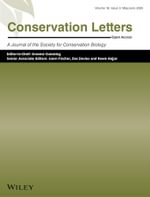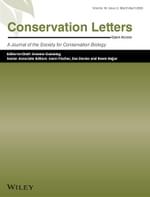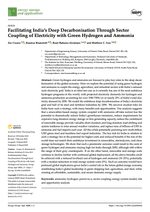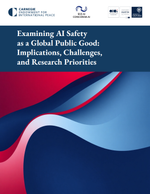Comparative Migration Studies
Author: Mathias Czaika CMS 1 (1): 97–122 DOI: 10.5117/CMS2013.1.CZAI
View Journal Article / Working PaperThis study analyses the relationship between social fractionalization and a population’s emigration propensity by proposing two forms of relative deprivation as the behavioral link. By distinguishing intra-group and inter-group relative deprivation, the author hypothesizes that emigration largely depends on whether social comparisons are made within or across social groups. We can theoretically show that for intra-group comparisons the average level of relative deprivation decreases with the number of social groups, while it increases when comparisons are made across social groups. Consequently, the direction in which social fractionalization may affect emigration depends on the relative importance of intra-group versus inter-group relative deprivation, and the extent self-esteem is determined by the relative position of the group a person identifies with. In this study, we focus on ethnicity, religion and language as separate markers of social identities, and hypothesize that these three distinct categories of social fractionalization have different effects on emigration propensities. Based on an analysis of about 200 countries and dependencies, we find higher emigration rates for ethnically fractionalized countries, whereas countries with a relatively strong linguistic fractionalization are unequivocally characterized by lower migration tendencies, while religious fractionalization turns out not to be statistically associated with any migration propensities. Thus, while the positive link between ethnic fractionalization and emigration implies an emphasis of inter-group relative deprivation, linguistic fractionalization seems to trigger intra-group relative deprivation as a driver for emigration.




